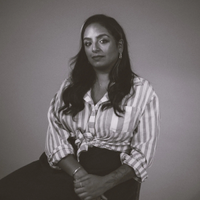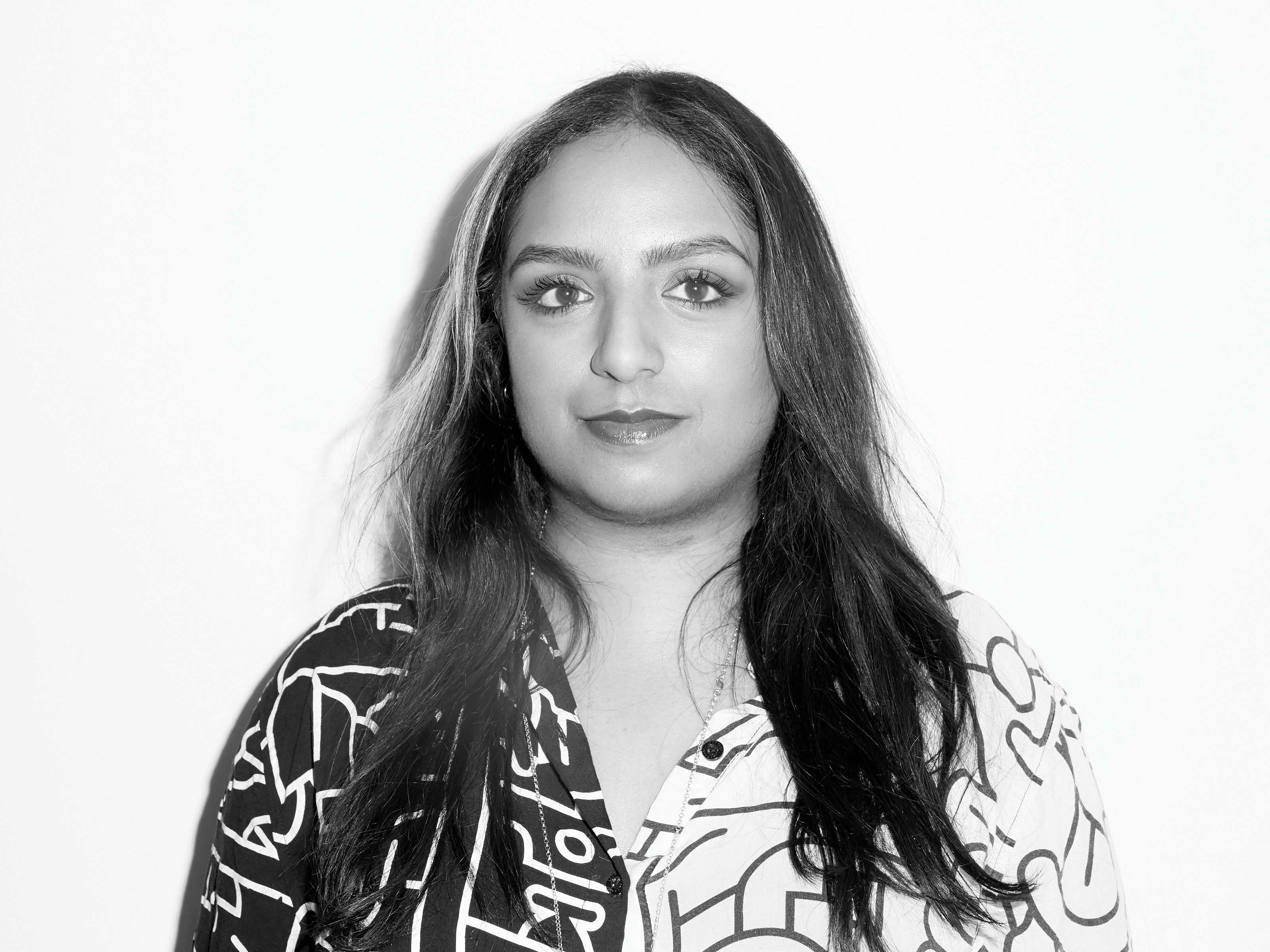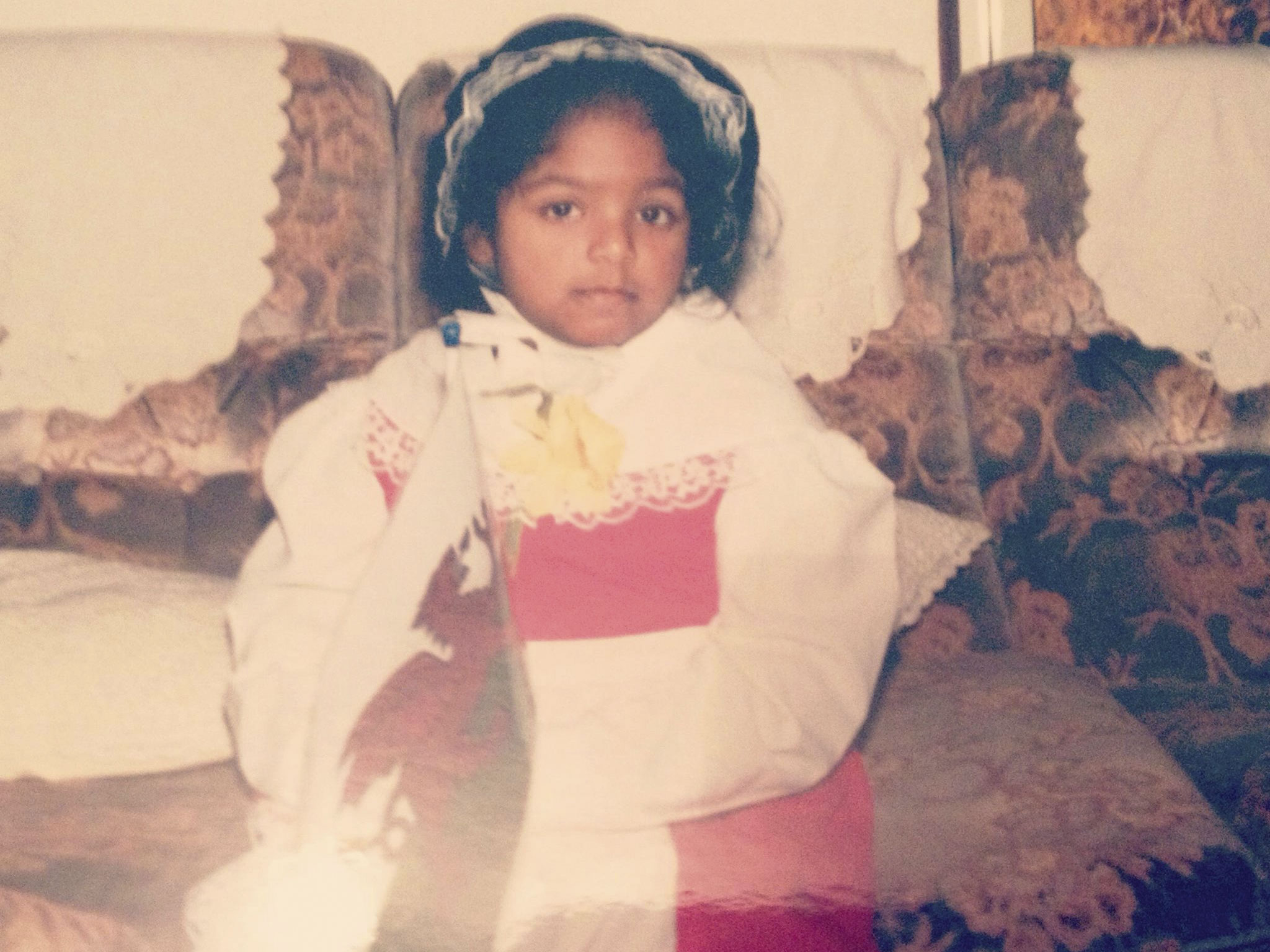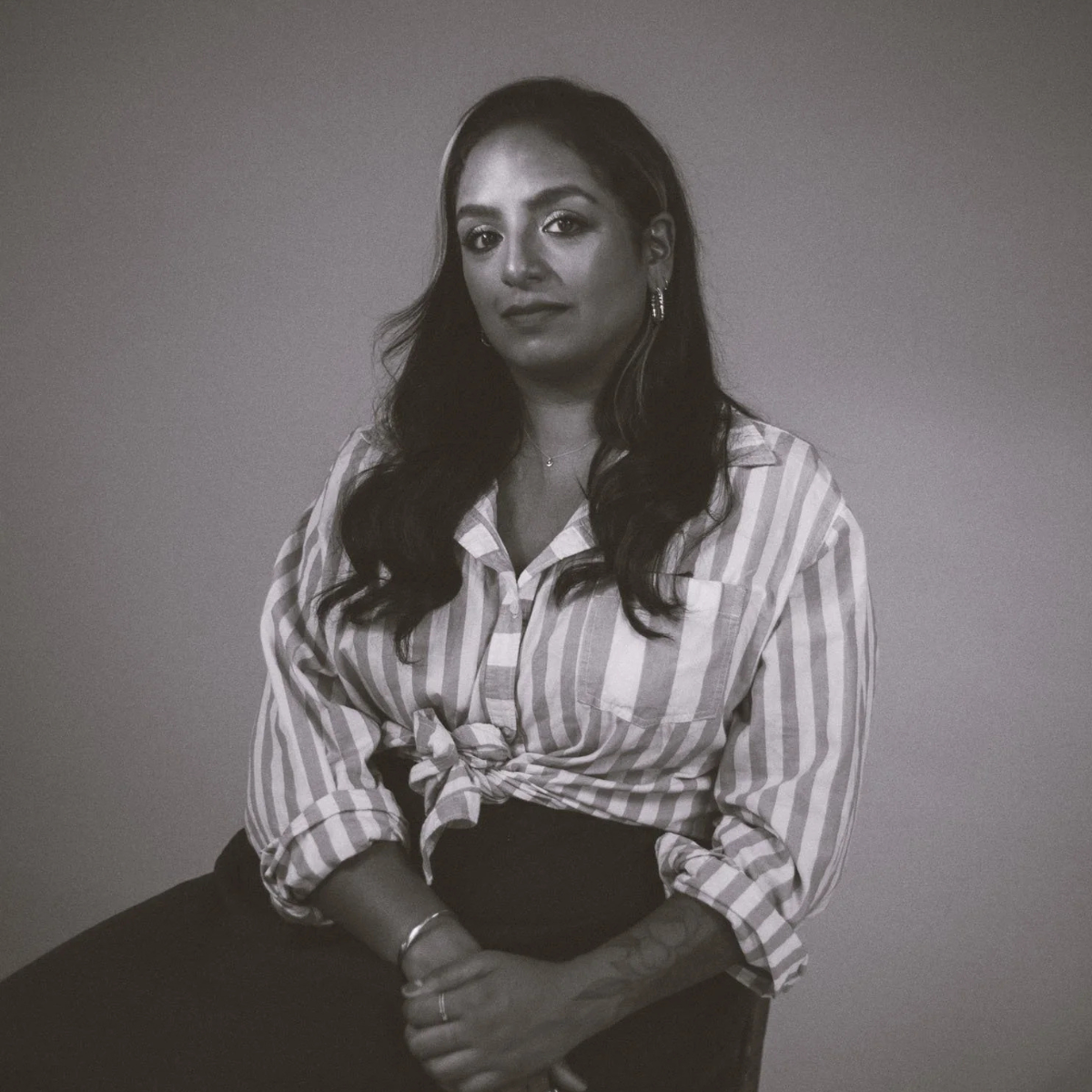Why we all need to call out racism
It's time for all of us to stand up to everyday racism


It's time for all of us to stand up to everyday racism
We’re not great at calling things out in Britain. Perhaps it’s the stiff upper lip or extreme politeness, but when something uncomfortable happens, as a nation, we tend to seethe, inwardly. Sometimes you have to let things go for the sake of your sanity – as The Great British Bake Off’s 2015 winner Nadiya Hussain said of her experiences as a Muslim British-Bangladeshi woman: ‘I’ve had things thrown at me, been pushed and shoved. I expect to be verbally abused because it’s happened for years. I don’t retaliate. There’s a dignity in silence.’ But I’d argue that we’ve been quiet for long enough.
I’ve done it my entire life. I regret not being outraged at regularly being called by the name of the only other South Asian child in my year group at school. I should have challenged would-be suitors on dating websites who lauded my ‘exotic’ looks, followed by a comment about never having been with a ‘brown girl’. In my seven years as a beauty editor, at every new foundation launch, I should have objected to being told that my shade will ‘come later’, if at all. I should have said something, because when you trivialise any form of low-level racism, you make it OK for it to keep happening.

Anita as a child in Welsh national dress
These irritations may seem petty compared to the bigger, more overt battles that have galvanised #blacklivesmatter demonstrations across the US and UK – but the collective impact of these micro-aggressions can wear down your sense of self-esteem. And the rhetoric is clear; if you’re a person of colour, you don’t belong here. A message that was further compounded during UKIP’s assault on immigrants during the Brexit campaign, and the subsequent reports of a 57 per cent increase in hate crime since the EU referendum
Shahesta Shaitly, a Guardian journalist of Egyptian heritage, has experienced post-Brexit racism first-hand: ‘I was in a cab in the Midlands when I remarked to the driver: “It feels like everything has changed this weekend, doesn’t it?” He said, “Yep, it has”, snickering to himself. So I asked “Did you vote out?” to which he replied, “I sure as hell did – to get rid of your lot.” I was shocked into silence – a rarity for me.'
The experience of lawyer and author Saurav Dutt was similarly shocking. ‘During my discussion with a publisher, they asked if I could change my name to a British pseudonym,’ he explains. ‘They said the subject wasn’t about “Asian matters”, so there wasn’t much precedent for a “name like mine” to appear on a non-ethnic book. They wanted “John Dutt”.’
Celebrity news, beauty, fashion advice, and fascinating features, delivered straight to your inbox!
These acts should serve up a big dose of reality for all of us, says Munroe Bergdorf, a social activist and DJ. ‘It is as though Brexit has acted as a form of validation for xenophobic, racist and prejudiced people’s opinions,’ she says. ‘Now they feel they are in the majority, racist people are more vocal. I don’t think the country has become any more racist – it’s always been here – but now it’s seeping out of the woodwork.’
The bottom line is that we all need to start tackling everyday racism by immediate action, not just with the odd Facebook post or Tweet. Bergdorf agrees: ‘White people also need to be identifying these instances and standing with people of colour to make sure they get resolved.’ We need to call it out when somebody asks to touch our friend’s Afro hair or when we realise our office is 90 per cent white. We can all do something collectively to halt this menacing netherworld from becoming the reality. Nobody is a bystander any more.
Have you experienced everyday racism? Call it out on Twitter or Instagram @marieclaireuk using the hashtag #CallOutRacism
Anita is an award-winning journalist with over 15 years of experience on some of the UK’s biggest magazines. She explores beauty culture and questions the power that pretty privilege has over our lives, and has written a book on it called UGLY: Giving Us Back Our Beauty Standards (2023, Blink), which was serialised by The Guardian and Independent and featured by Vogue, Elle, and many more
